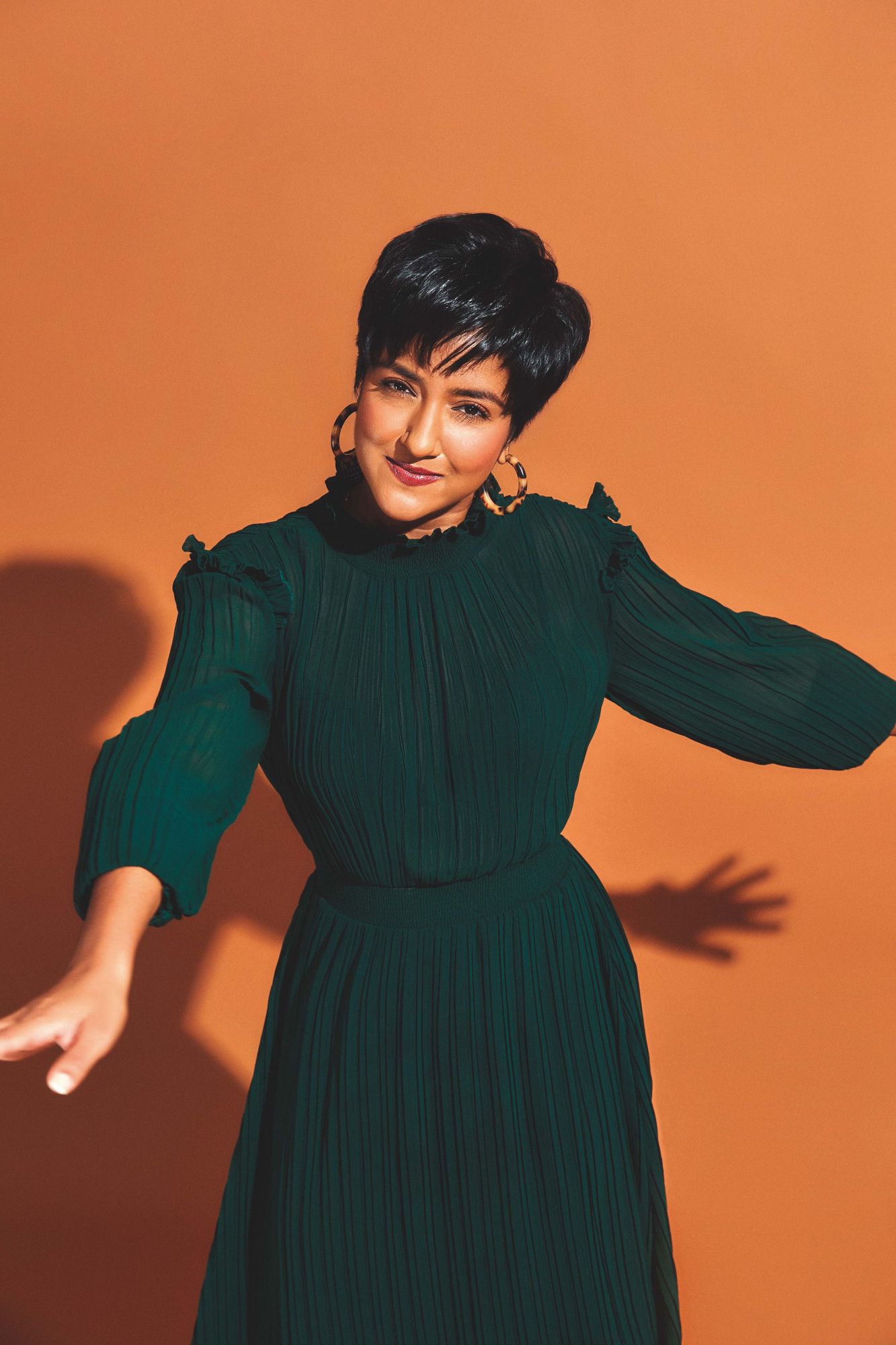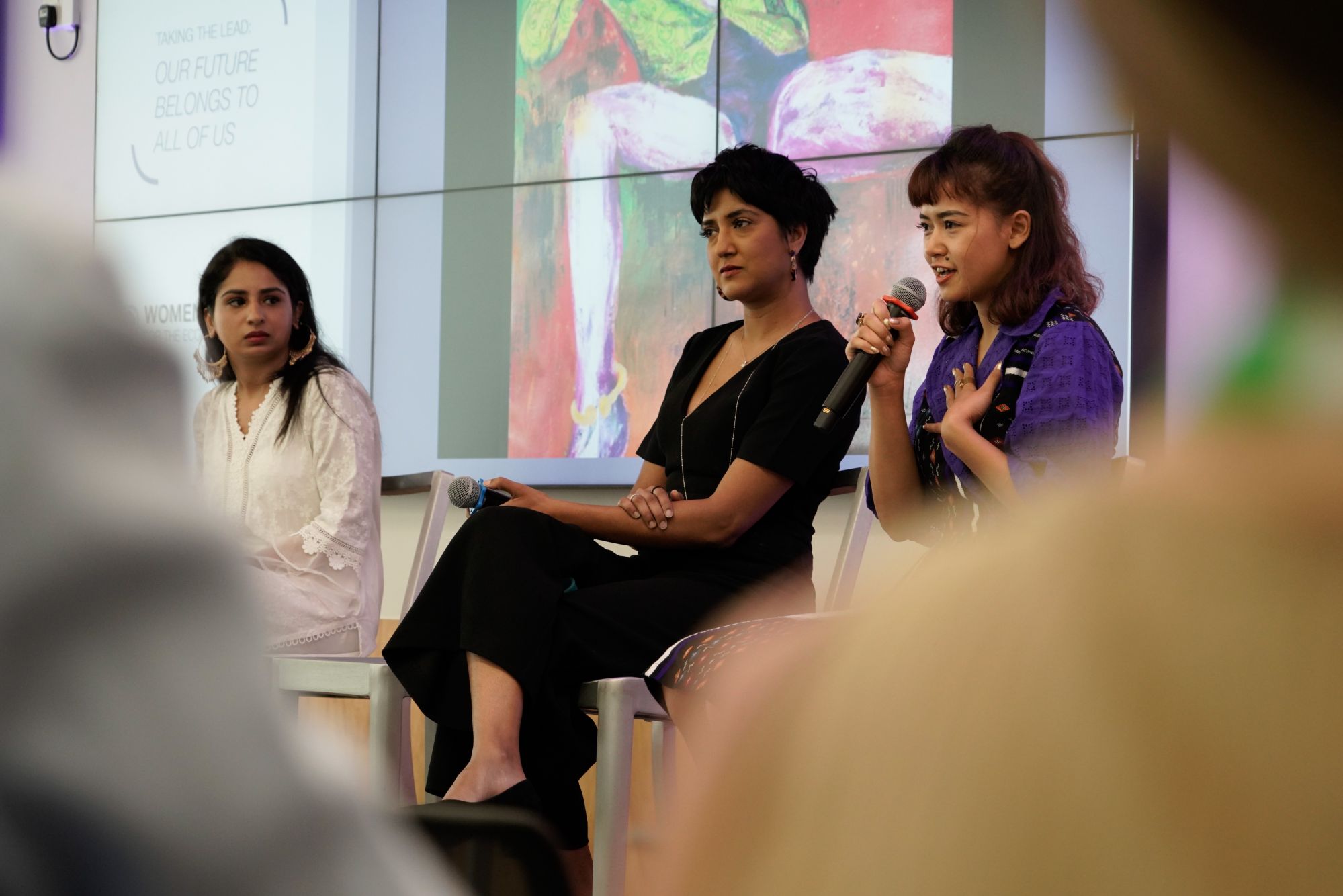Through her startup Freedom Cups, social entrepreneur Vanessa Paranjothy is helping girls and women around the world understand their bodies better
In the What Matters To Me series, a Generation T honouree describes what they do, why they do it, and why it matters.
Every month, 1.8 billion people menstruate. And while menstruation is a natural process of life, many still find it difficult to talk about openly. The stigma and shame that some experience in relation to their periods are a result of social and cultural taboos, such as women being seen as "dirty" or "impure" when they’re bleeding or menstruation being perceived as a matter to be dealt with discreetly.
According to the United Nations, “[these] persistent harmful socio-cultural norms, stigma, misconceptions and taboos around menstruation continue to lead to exclusion and discrimination of women and girls.” In some countries, customs allow menstruating girls and women to be confined or banished from public sight, which may put them at greater risk of falling ill or getting attacked by others.
“The patriarchal control exerted to constrain women’s behaviour and mobility during menstruation undermines their agency and equality,” says the UN. “When combined with the stigma and shame that women and girls are made to feel during that time, it is truly disempowering.”
In other countries, periods are causing girls and women to be absent from school or work due to lack of access to proper sanitary products or facilities.
But change is slowly taking place worldwide, and Gen.T honouree Vanessa Paranjothy is at the forefront.
The Singapore-based social entrepreneur is the co-founder of Freedom Cups, through which she hopes to help end period shaming—the idea that girls and women are made to feel embarrassed simply because they bleed—and period poverty, which is a global issue of not being able to access clean and safe sanitary products.
She runs the social enterprise with her sisters Joanne and Rebecca, selling reusable, medical-grade silicone menstrual cups that can last up to 10 years. At the same time, Freedom Cups’ buy-one-give-one business model enables it to provide a menstrual cup to a less privileged girl or woman for every one sold.
Since it started in 2015, Freedom Cups has reached girls and women in nine countries across Asia and Africa. It has completed some 30 projects in the likes of Uganda, Nepal, India and the Philippines, where it distributed menstrual cups to those who need and want them. It often educates the communities about periods, period care and their bodies as well.
In these six years, Paranjothy, who is an Obama Foundation Scholar and one of 12 social changemakers around the world to be selected to attend a year-long leadership development programme at Columbia University in 2018, has also spoken to several heads of states about the world’s period problem. This includes Singapore’s prime minister Lee Hsien Loong, who she conversed with when they were both in London for the 2018 Commonwealth Youth Awards—Paranjothy was there to receive the award as the overall winner for Asia.
See also: Dee Dee Chan Of The Seal Of Love Charity On Using The Power Of Education To Uplift Families

